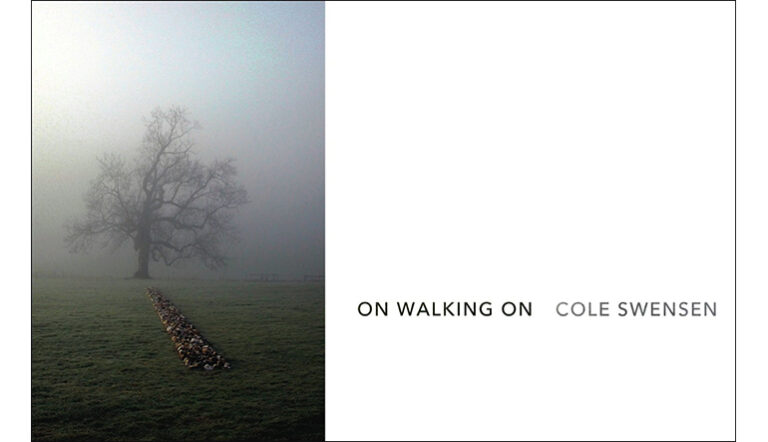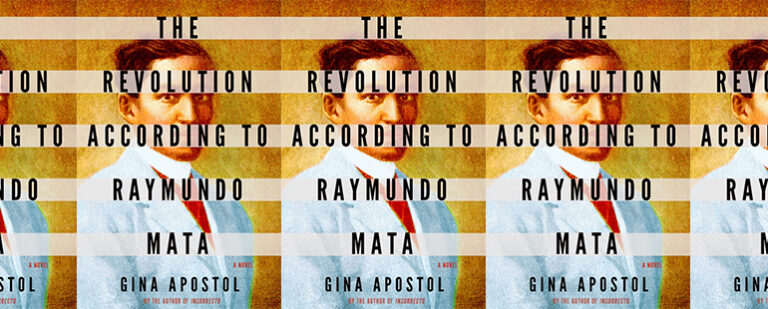Review: TWENTY THOUSAND PIGEONS by Justin Bigos
Twenty Thousand Pigeons
Justin Bigos
iO Press, 2014
When I think of twenty thousand pigeons, I think of Disney vacations
and city park picnics from childhood—precious memories ruined by grey birds pooping in my hair and stealing my French fries. But when I think of Twenty Thousand Pigeons, a stunning chapbook of poems by Justin Bigos, I’m instantly at home, no matter where I am. Bigos attacks familiar world-weariness with heart and personality in this collection about bereavement and place. He carries us from New York to Chicago, from Pittsburgh to Texas, sharing meditations on love and aching experiences with loss. Rather than offering an escape from life’s ailments, mishaps and tragedies—bad jobs, unhealthy relationships, death and doubt—Bigos’ haunting poems ask us to remember, question, and grow.
Deft descriptions of setting populate this collection. Bigos’ speaker leaves “rainy Pittsburgh” in “Three Rivers,” moving to “this alpine desert,” a place that “smokes at the slightest touch of water.” At Lake Constance in another poem, the speaker invites us to “look across…this pause in the Rhine that separates you from Switzerland, / the Alps glittering like purple quartz.” Bigos ends this collection with an exploration of churches in Ireland, “the jagged limestone / maze of this place [casting] a waning spell / in the rain and fog and wind.” Just as we move from thought to thought, we move from place to place easily in these poems, with momentum, experience and vivid imagery.
Readers who have experienced the loss of a loved one will find kinship with Bigos in Twenty Thousand Pigeons. “Three Rivers” offers a gritty depiction of grief when the speaker says, “All I want is to remember you / alive, to wake you from the couch where one night / you lay beside me, blind with alcohol, your breath / somehow sweet.” “Prayer After Refusing to Pray” zooms in on a speaker who, in desperation, prays for his father, who lives “over a thousand miles away.” He does this after “[emerging] from” what he calls “the salty sting of blindness, / my body dripping with the Atlantic…” These biting lines resonate because they allow us to experience the speaker’s regret like it’s our own. We remember the complex relationships we have with friends and family members, how it’s easy to privilege our needs, feelings, and opinions over others’. We can taste the breath of our friends, feel the water on our bodies, because these lines speak to a yearning that everyone, on some level, can relate to.
Someone once told me poetry is like walking around in someone’s brain, learning how that person thinks and creates connections. Twenty Thousand Pigeons is a step into the mind of Bigos—his grief, his jobs, his interactions with strangers and lovers, his multi-cultural heritage. While readers may breeze through this chapbook with ease—most poems are prose-y and under a page in length—it’s one of those books that keeps us thinking long after we’ve turned the last page.
Emily Hoover is pursuing an MFA in Creative Writing from Northern Arizona University (NAU), teaching English Composition, and working on a linked short story collection about her home state of Florida. Her recent poetry publications include Potluck Magazine and FIVE2ONE Magazine, her fiction has appeared in TheNewerYork Press, The Flagler Review, and 0-Dark-Thirty, and her book reviews have been featured in Southern Literary Review and Fiction Writers Review.


